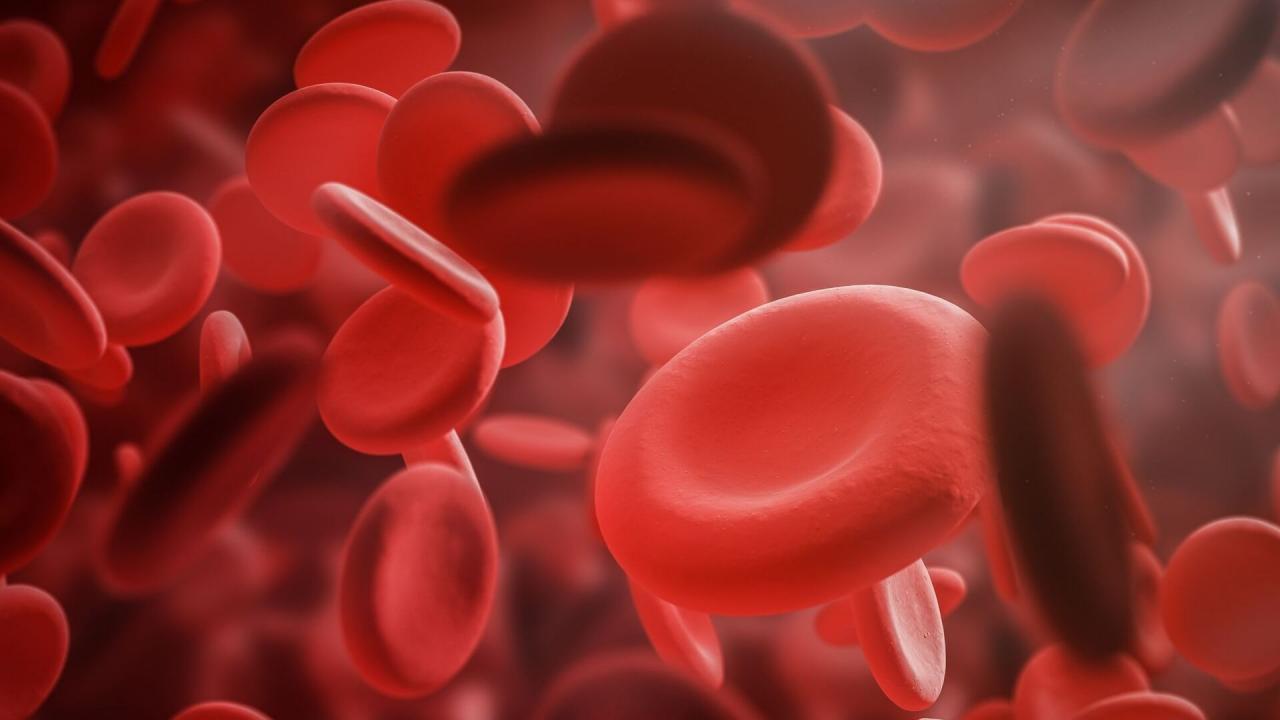My parents use a butter spread that claims to "actively remove cholesterol". I've noticed several types of butter/oil spreads at the grocery store, meant to replace butter or margarine, and are touted as "healthy alternatives".
However, one brand says that it is "clinically proven to actively remove cholesterol". Is this true, and to what degree? Is this butter spread actually healthy (use some every day) or is it just a healthy alternative (no trans-fat like butter).
The fine print says: the plant sterol esters inhibit absorption of cholesterol from small intestine (this sounds different than the large font on front of package saying it REMOVES cholesterol, instead of just inhibiting absorption).
Is there another way to consume these plant sterols? Are we supposed to be consuming butter spreads to stay healthy?! Either way, the marketing works because my parents are loading up their whole-wheat bread and potatoes with this stuff, because they say it's GOOD to help them REDUCE their cholesterol!
Thanks for any information!
All user-generated information on this site is the opinion of its author only and is not a substitute for medical advice or treatment for any medical conditions. Members and guests are responsible for their own posts and the potential consequences of those posts detailed in our Terms of Service.





Add a Comment2 Comments
In addition to the above video, you may also find some information from the International Food Information Council useful.
http://ific.org/publications/factsheets/sterolfs.cfm
Here's some information on plant sterols ....
Plant sterols and stanols are phytosterols—essential components of plant membranes—that resemble the chemical structure of animal cholesterol and carry out similar cellular functions in plants. Sterols are present naturally in small quantities in many fruits, vegetables, nuts, seeds, cereals, legumes, vegetable oils, and other plant sources. Stanols occur in even smaller quantities in many of the same sources. Cholesterol can be obtained from non-dietary sources through processes in the human body such as liver synthesis and intestinal absorption. Plant sterols and stanols differ from cholesterol in that they can only be obtained through dietary sources. Including plant sterols/stanols in the diet may lower blood cholesterol levels: a health effect that has been studied for more than 50 years.
May 15, 2008 - 3:16pmThis Comment
https://www.empowher.com/conditions/expert/heart/watch-this%3A-deanna-ca...
Women's Heart Center
Many women do not realize that heart disease is the single greatest threat
to their health. Every year, more than 500,000 American women lose their
lives to heart disease — that's nearly twice as many women from all forms of cancer combined. In response to these facts, St. Joseph Hospital opened the Women's Heart Center in December 2002, the first facility in Orange County dedicated solely to the prevention, early detection and treatment of heart disease in women.
Butter vs. Margarine
Is margarine healthier than butter? Neither is ideal, because butter is
loaded with saturated fat, and almost all margarines have some saturated fat and trans fatty acids. However, if you must use one or the other, margarine may be better than butter.
Here are some guidelines:
* Use canola or olive oil instead of butter or margarine.
* Choose soft margarine (tub or liquid) over harder stick forms.
* Choose margarines with liquid vegetable oil as the first ingredient.
* Even better, choose "light" margarines that list water as the first
ingredient, because these are even lower in saturated fat.
* If you have high cholesterol, talk to your doctor about using
margarines made from plant sterols or stanols. These substances, made from
soybean and pine tree oils, can help lower your LDL cholesterol by as much
as 20%. The American Heart Association recommends further study for
children, pregnant women, and those without high cholesterol.
Limit:
* Margarines, shortening, and cooking oils that have more than 2 grams of saturated fat per tablespoon.
May 15, 2008 - 2:32pm* "Hydrogenated" and "partially-hydrogenated" fats, because these are high in saturated fats and trans-fatty acids. Read ingredients on food labels.
* Coconut, palm, and palm kernel oils, because they are very high in
saturated fat.
* Shortening or other fats made from animal sources.
This Comment